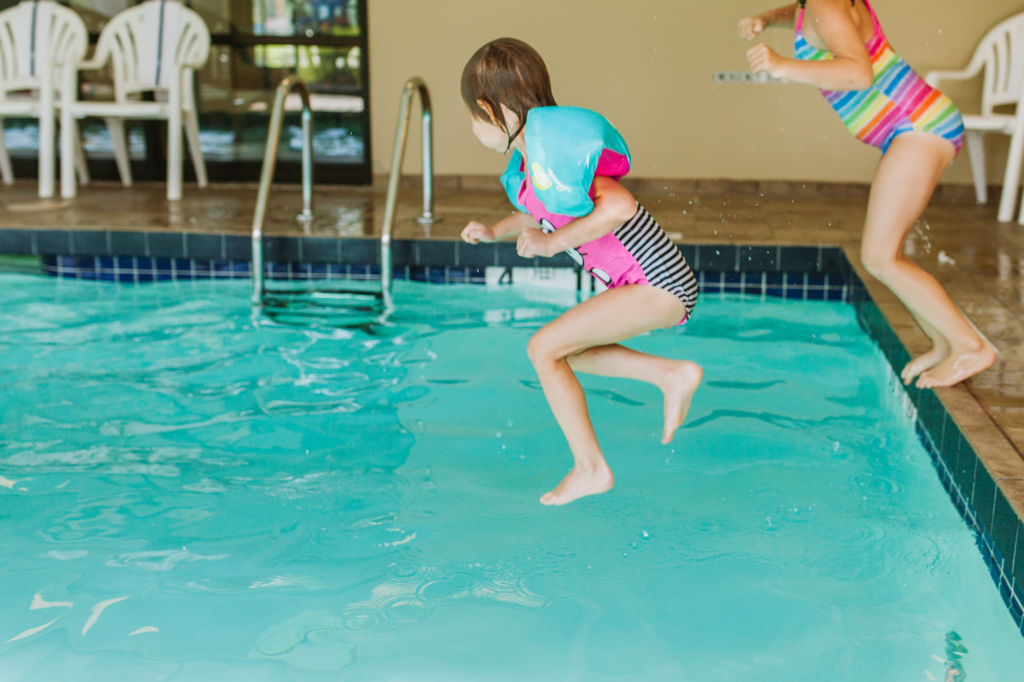Six pool energy saving tips that will reduce your power bill

There is nothing better than relaxing in your pool on hot summer days, but the maintenance and upkeep can make a rather large dent in your electricity bill. The last thing you want is to have a pool full of sludge because you're worried about the cost of maintenance. Cleaning and maintaining your pool is crucial to keeping the water safe for you and your family, and if you do it right, it can reduce your running costs.
Most people run their pools too long without even knowing it. If you have the correct filter size and pump size you can get away with running your pool a lot less.
We’ve compiled some simple pool energy saving tips to help you get the most value out of your pool and more importantly keep your electricity bill down.
6 pool energy saving tips to reduce your pool running costs
1. Get a pool cover - it can reduce your running costs by up to 50 per cent annually! It's a simple, quick and effective way to cut your costs.
How does a pool cover make such a difference? A good pool cover will cut the costs of:
- Water – reduce evaporation by around 97 per cent. During summer, a 8 x 4 metre pool will lose around 10,500 litres of water due to evaporation which is 25 per cent of your total pool water
- Chemicals – exposure to sunlight destroys chlorine
- Cleaning – pool covers prevent leaves, debris, and dirt from entering the pool. Which means less cleaning, and less energy costs of running the filter and cleaner. What’s more, it means you’re using fewer chemicals to clean your pool
- Heating – if you heat your pool, evaporation accounts for around 70 per cent of heat loss. A pool cover will dramatically cut your heating running costs.
2. Switch to a pool cartridge filter - they don’t need backwashing and you can hose them down to clean them, unlike traditional sand or even DE (diatomaceous earth) filters.
- Cartridge filters use lower water flow pressure and less energy not to mention less costly on your electricity bill
- Filtering means your water isn’t wasted
- Filter cartridges cost are about $40 to $100
3. Clean your filter regularly - (once a week is recommended). A clogged filter has to work harder in order to do its job, which means it uses more energy and costs you more to run.
- It's less efficient at actually filtering the water. All of which only adds to the bottom line of your pool running costs
- You should also clean out your strainer and skimmer baskets regularly - otherwise, they can become blocked
4. Solar + energy monitoring technology
Install energy monitoring technology like and solar panels to monitor when to use your pool heater and pump to get the best value and a lower electricity bill...
- You can schedule your pool pump, heater and accessories to come on when you're generating solar or when electricity prices are low
- Using your pool's energy hungry appliances when you're generating solar or when electricity prices are low can drastically reduce the impact your pool has on your electricity bill
5. Buy your pool chemicals in bulk
- If you want value for money from your pool chemicals then buying them in bulk is a good way to save money
- Upfront it may seem like a lot, the per kilo cost of the chemicals is a good deal lower
- Unlike, bulk-buying perishables like bread and milk, pool chemicals don’t go off. So if you have left over chlorine this summer you can use it next year
6. Maintain proper chemical balance of your pool - probably the most important step to keeping your pool safe and keeping your running costs low.
Perhaps first and foremost, it’s really important to remember that it’s a lot, lot cheaper to prevent problems such as algae than it is to fix after they have occurred and spread.
So maintaining a proper chemical balance in your pool is possibly the first, and most basic step to reducing your pool running costs. Ideally, the balance should be as follows:
- pH 7.4-7.6 (check twice weekly when you check your chlorine)
- Alkalinity 100-150 ppm (once a week)
- Calcium 100-200 ppm (once a month)
Test your water regularly, and adjust your chemicals as needed - remember prevention is much cheaper than repairs!
There is a lot to consider when maintaining your pool and looking to reduce costs and increase your energy efficiency. With these tips you have a good place to begin reducing your pool's running costs so you can get back to enjoying your pool all summer long.

